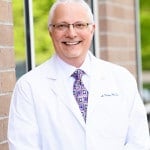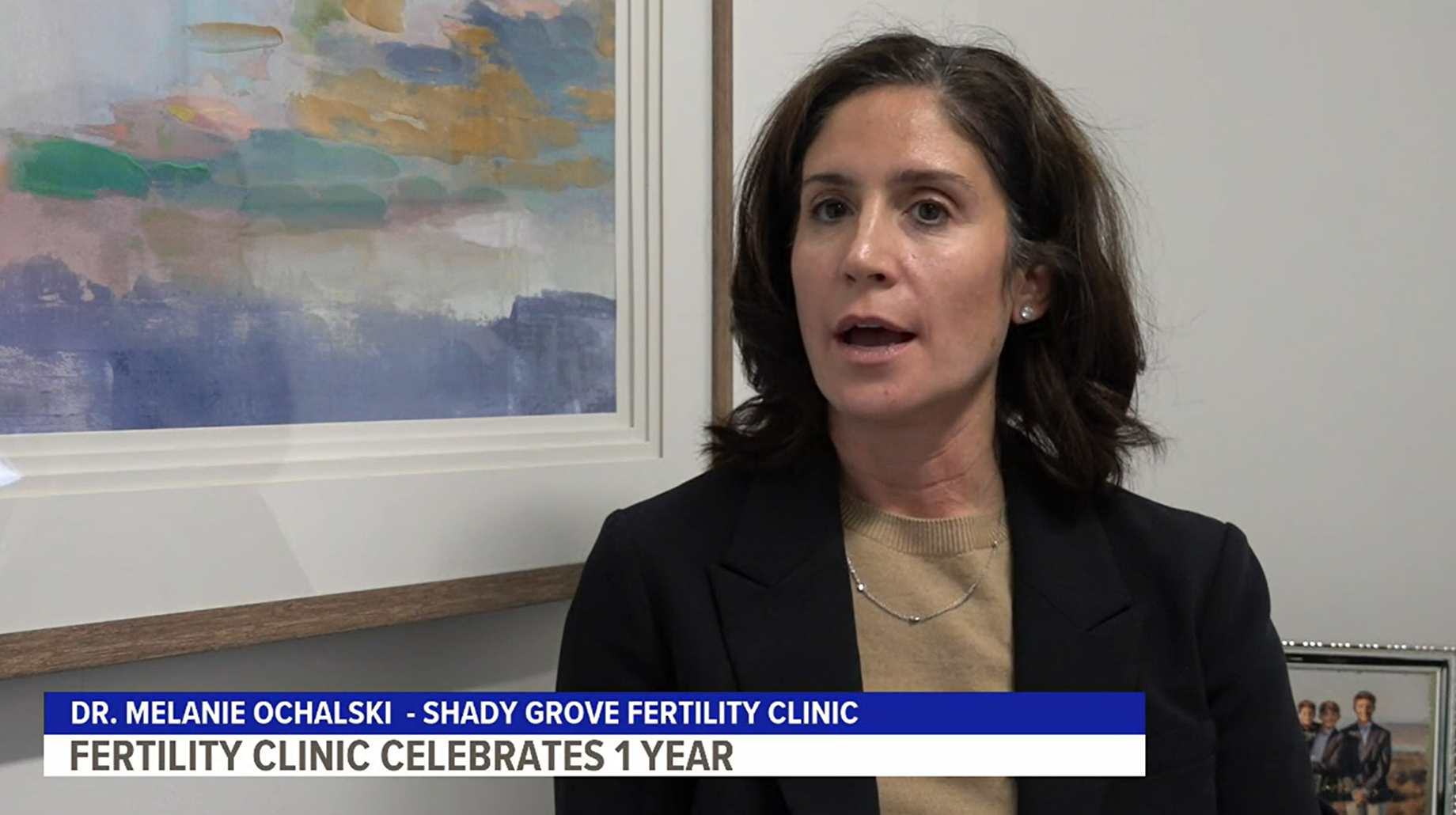
Women of all ages have heard the term ‘biological clock.’ “It can be stressful to know there is a time limit to fertility, but the good news is knowledge is power,” says Dr. Mark Perloe of SGF Atlanta. “Understanding your fertility and how fertility is impacted by age is key to being aware of potential obstacles and knowing when it might be time to seek help from a fertility specialist,” adds Perloe. Dr. Perloe breaks down your fertility and what to expect when getting pregnant in your 20s, 30s, and 40s.
Getting Pregnant in Yours 20s
Women in their 20s have the greatest fertility potential with a 20 to 25 percent chance of becoming pregnant naturally each month. The risk of chromosomal abnormalities is low, as is the chance of miscarriage. “Women in their 20s can still experience infertility,” says Perloe. The quality of a woman’s eggs might not be an issue, but they could have decreased ovarian reserve, issues with Fallopian tubes, or an ovulatory disorder such as polycystic ovary syndrome (PCOS) that could prevent them from conceiving naturally.
How to Boost Fertility in Your 20s
While bad habits from college or high school may still linger into your 20s, if you’re trying to get pregnant, it’s recommended to begin to prepare your body for conception by maintaining a normal BMI and having a well-balanced diet. Quitting smoking and limiting alcohol and caffeine consumption are important in order to achieve optimal health for pregnancy.
When to Seek Treatment for Infertility in Your 20s
For women in their 20s, SGF Atlanta recommends seeing a fertility specialist if you have regular cycles and have been having unprotected intercourse and no pregnancy after 1 year. “If there are known risk factors such as irregular menstrual cycles or no period at all, you should seek help immediately,” comments Perloe. It is also important to consider your partner and if he has any known issues that could affect your ability to conceive. What most people don’t realize is that male infertility accounts for nearly 40 to 50 percent of all infertility diagnosis.
Getting Pregnant In Your 30s
Women in their 30s have a 15 to 20 percent chance of getting pregnant naturally each month. “A woman’s fertility will begin to decline in her 30s, with the sharpest decline after the age of 35,” says Perloe.
How to Boost Fertility in Your 30s
The same recommendations apply for women in their 30s to prepare their body for a healthy pregnancy by maintaining a normal BMI and making healthy lifestyle choice. “I hear concerns from women who have been on birth control for many years that they are worried their fertility will be impacted. The truth is, once you stop taking birth control, most women will revert back to their historical menstrual cycle pattern and fertility will resume,” says Perloe.
When to Seek Treatment
For women ages 30-34, SGF Atlanta recommends seeing a fertility specialist if you have regular cycles and have been having unprotected intercourse and no pregnancy after 1 year. Women between the ages of 35-39 with regular cycles who have been having unprotected intercourse for six months and no pregnancy should see a fertility specialist after 6 months. If you have any known risk factors (no menstrual cycles, history of pelvic surgery, or a diagnosis of endometriosis), you should seek help immediately. “Time is critical for women in their 30s, which is why we encourage women to be proactive about their fertility. Early fertility intervention offers the best chances of success,” comments Perloe.
Getting Pregnant in Your 40s
Women in their 40s have less than a 5 percent chance of becoming pregnant naturally each month. For women ages 45-49, the chance of becoming pregnant with your own eggs is as low as 1 percent. Women can still get pregnant with donor egg treatment or if a woman’s eggs were frozen at an earlier date.
How to Boost Fertility in Your 40s
While factors related to age and fertility can’t change, it’s still encouraged for women in their 40s to maintain a healthy lifestyle by exercising, getting plenty of rest, and eating a well-balanced diet. Many women have found that yoga, acupuncture, and massage have helped them to relieve stress and stay physically and mentally healthy.
When to Seek Treatment
For women 40 or over, SGF Atlanta recommends seeing a fertility specialist right away. While women in their 40s have the same treatment options available (IUI and IVF) the chances of success decrease dramatically when using your own eggs because as you age, so do your eggs. As eggs age, they become more susceptible to chromosomally abnormalities that can prevent implantation or result in miscarriages. “While pregnancy in your 40s with your own eggs is possible, donor egg treatment might be a more realistic option,” says Perloe. A women who undergoes donor egg treatment will carry the child, but the egg will come from an egg donor who is in her 20s or 30s. “Donor egg treatment helps make parenthood possible for many couples and is one of the most successful forms of fertility treatment,” adds Perloe.
Regardless of your age, it’s important to know when to seek help from a fertility specialist. SGF Atlanta offers fertility treatments to help nearly everyone conceive. You and your physician will take your personal factors into consideration – age and diagnosis to determine a treatment plan that is right for you and offers you the greatest chances of success.
To learn more or to schedule an appointment with an SGF physician, please contact our New Patient Call Center at 1-877-971-7755 or complete this brief online form.






